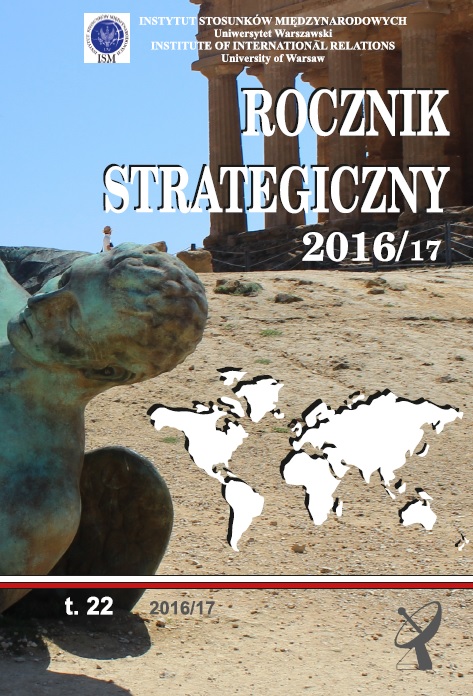Wpływ wystąpienia zjednoczonego królestwa z Unii Europejskiej na siłę głosu w radzie
The impact of the United Kingdom’s withdrawal from the European Union on the voting power in the Council
Author(s): Jacek Czaputowicz, Marcin KleinowskiSubject(s): Politics / Political Sciences, Politics, International relations/trade
Published by: Wydawnictwo Naukowe Scholar Sp. z o.o.
Keywords: Council of the European Union; voting power in the Council; equal influence system; decision-making process in the EU
Summary/Abstract: The article seeks to determine how the formal voting power in the Council will change as a result of the United Kingdom’s withdrawal from the European Union. It discusses the system of equal influence (the so-called square root system) as well as the current double majority system for a European Union of 28 states and of 27 states (without the United Kingdom). It analyzes the states’ ability to build both blocking and winning coalitions in the Council. The research shows that after Brexit, the voting power of the citizens of the Member States with the largest populations will further increase. It will be more difficult especially to build a blocking coalition in opposition to the country with the largest population, i.e. Germany. The authors call for a discussion of the need to introduce a more democratic and just voting system in the Council, in which the states’ voting power would reflect the square root of their citizens in a more proportional way.
Journal: Rocznik Strategiczny
- Issue Year: 2016
- Issue No: 22
- Page Range: 269-285
- Page Count: 17
- Language: Polish

